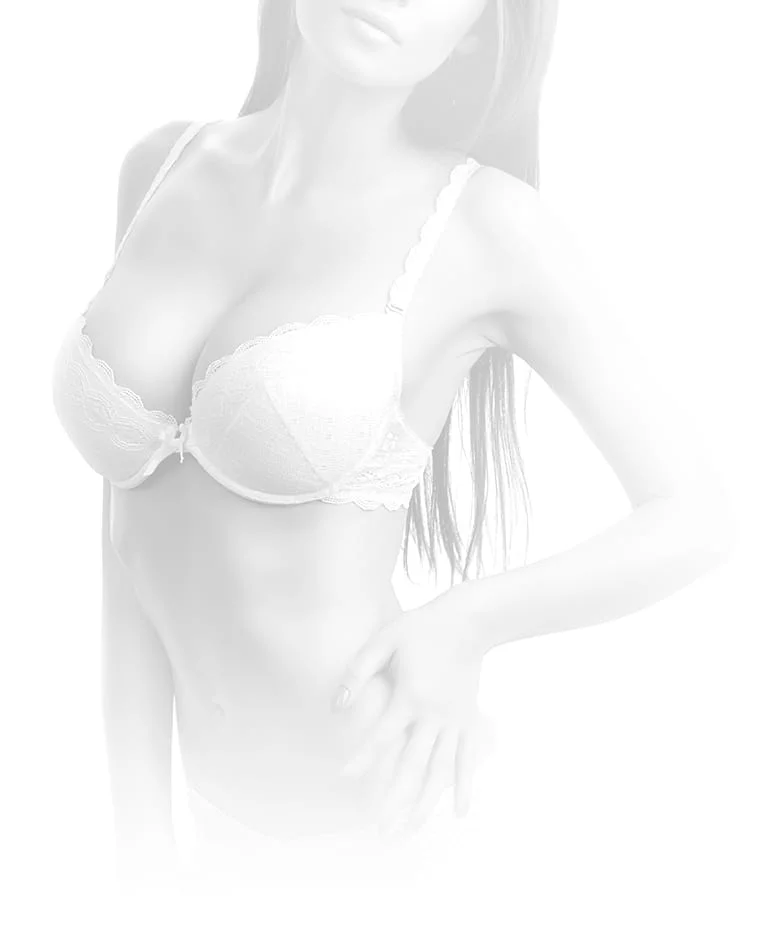Home|Blog | Should You Be Concerned About BIA-ALCL?
Should You Be Concerned About BIA-ALCL?
4 minute read

In 2011, reports began to surface about a potential extremely rare link between breast implants and anaplastic large-cell lymphoma (ALCL). These concerns increased since then with the identification of other cases worldwide. With the increasing numbers and patterns emerging, a better and clearer understanding regarding this relationship has emerged.
In July 2019, the FDA distributed a press release urging Allergan™—one of the primary manufacturers of breast implants—to recall certain models of textured implants. Allergan™ responded to this notice by announcing a worldwide recall of their BIOCELL® textured implants.
What Is Breast Implant-associated Anaplastic Large-cell Lymphoma (BIA-ALCL)?
BIA-ALCL is a very rare cancer of the immune system but it is NOT breast cancer. It is a form of non-Hodgkin’s lymphoma that develops in the scar tissue around the implant. This disease has been seen with both saline and silicone textured implants but NEVER with smooth-surfaced breast implants.
As this is a very important point, it bears repeating: There is no link between smooth surfaced breast implants and BIA-ALCL.
It has been theorized that the texturing on the surface of the implants may stimulate some type of inflammation, ultimately leading to this disease rarely. Interestingly, some proprietary surfaced texturing has been associated with a far higher rate of this disease compared to other configurations and is believed that part of the reason for this is that textured implants cause inflammation that smooth implants.
What Are the Symptoms of BIA-ALCL?
- Women should see their doctor immediately if they experience any of the following:
- Onset of breast pain
- Enlarging of the breast, especially unilaterally
- Developing breast asymmetry
- Lumps around the implant
- Rashes
- Hardening of the breast
- Fluid accumulation around the implant
The presence of one or more of these above symptoms does not mean in any way that one has BIA-ALCL. These issues are quite common and can be related to so many other benign issues. Virtually all of the time, there will be another explanation for their presence.
What Is the Treatment for BIA-ALCL?
Even though BIA-ALCL is cancer, it is very treatable, especially when it is diagnosed early on. The recommended treatment for it consists of a total capsulectomy (removal of the scar tissue around the implant) and implant removal (explantation). When discovered early, no further treatment is usually necessary. In more advanced situations, chemotherapy or radiation may be required.
Is BIA-ALCL Common?
Presently, it is still somewhat difficult to precisely determine the risk of developing BIA-ALCL though some general numbers have been conjectured based on present data. A commonly quoted risk of developing BIA-ALCL is one of every 30,000 women who have textured-surface breast implants though others have found even lower numbers (lower risk).
It is also relevant to know that over the last many years, the use of textured surfaced implants by most plastic surgeons was not that common and might have been less than 5% of all implantations.
Any way you look at this, the risk for developing this disease is EXTREMELY rare.

Should I Remove My Textured Implants?
Due to the publicity associated with BIA-ALCL, some women with textured implants have been considering breast implant revision or removal to possibly eliminate their risk of developing this disease. It is important to realize that even though explantation and capsulectomy (the “treatment”) are very safe procedures, there still are attendant risks as with any surgical procedure, and this has to be weighed against the rare risk of developing BIA-ALCL.
Most plastic surgeons, as well as the FDA, suggest that only women who are experiencing general complications related to their implants consider undergoing this surgery. If you are pleased with the aesthetic appearance of your breasts and are not experiencing any untoward issues, it may be just quite reasonable to do nothing but routine monitoring of your breasts. Again, this is an individual decision, so if you have a lot of anxiety related to all of this then perhaps treatment may be a good choice.
What Are My Options?
“Prophylactic treatment” for those women with textured surfaced breast implants or a history of them typically would consist of bilateral explantation and capsulectomies. If this is a consideration of yours or if you want to learn more about this issue and discuss your options, you can schedule a consultation with Dr. Turkeltaub by contacting his office at (480) 451-3000 or by filling out our online contact form.
Dr. Turkeltaub performs breast augmentations, breast revisions including capsulectomies, and breast lift surgery for patients in the Scottsdale and Phoenix metropolitan area.
